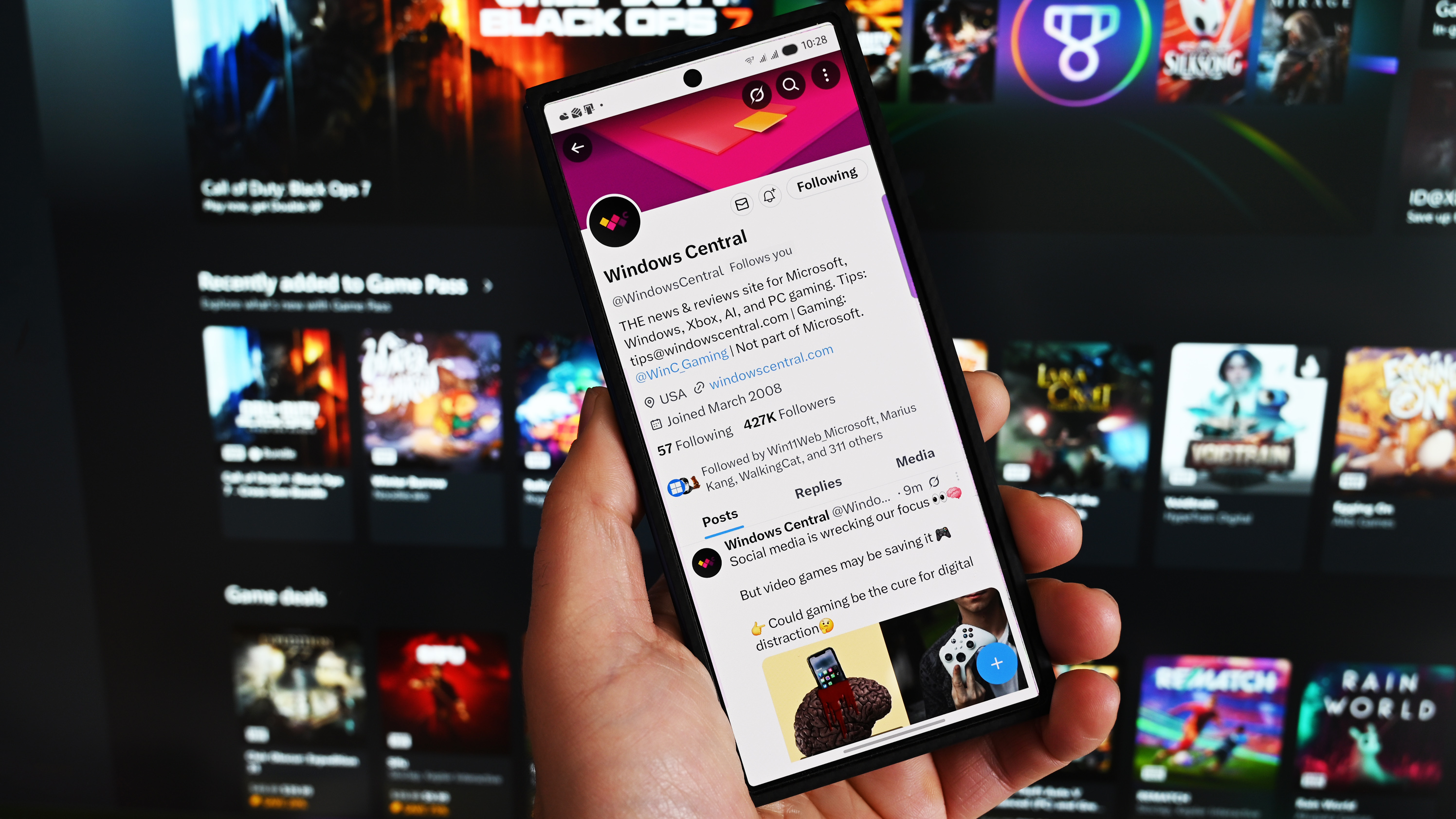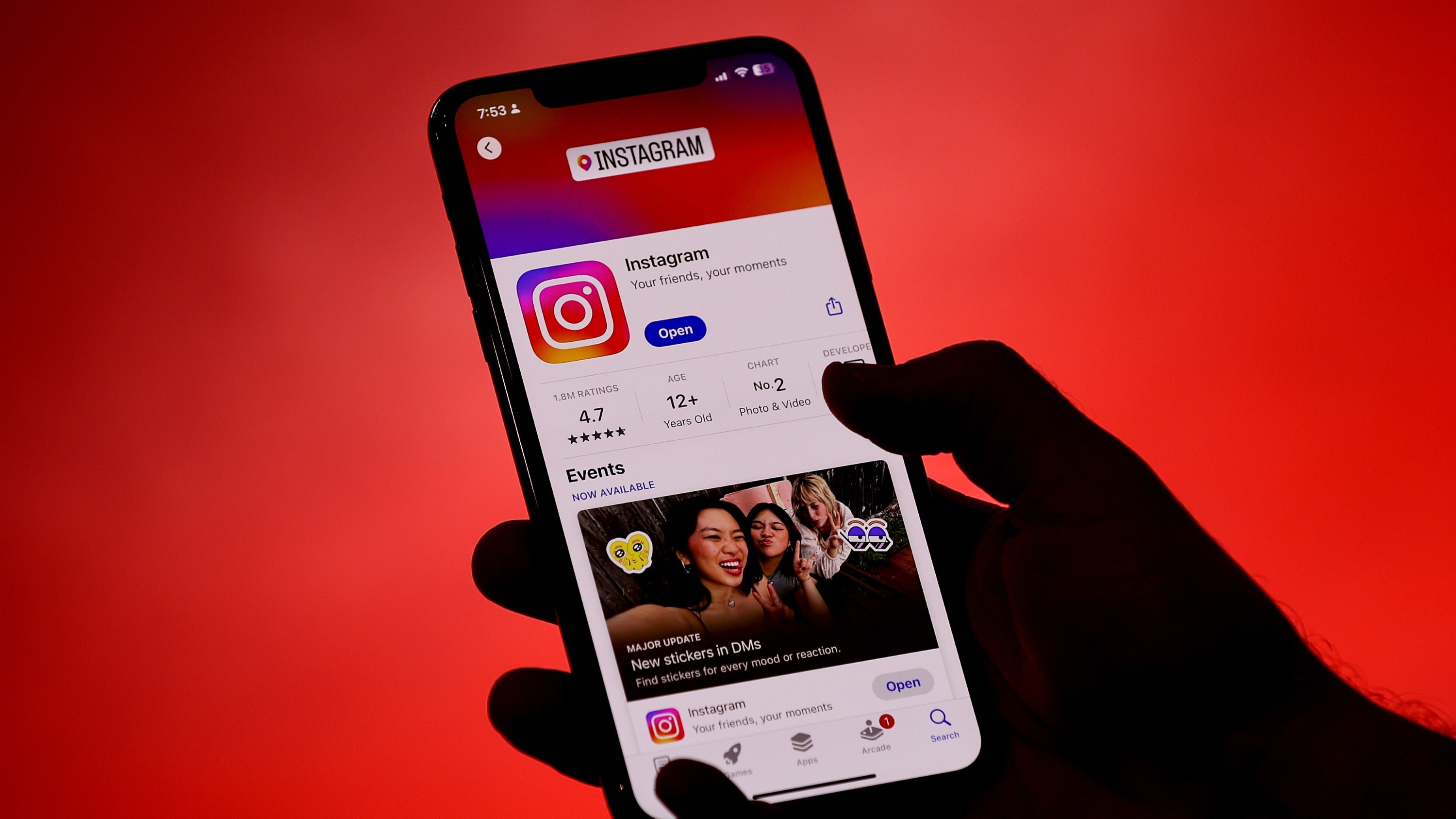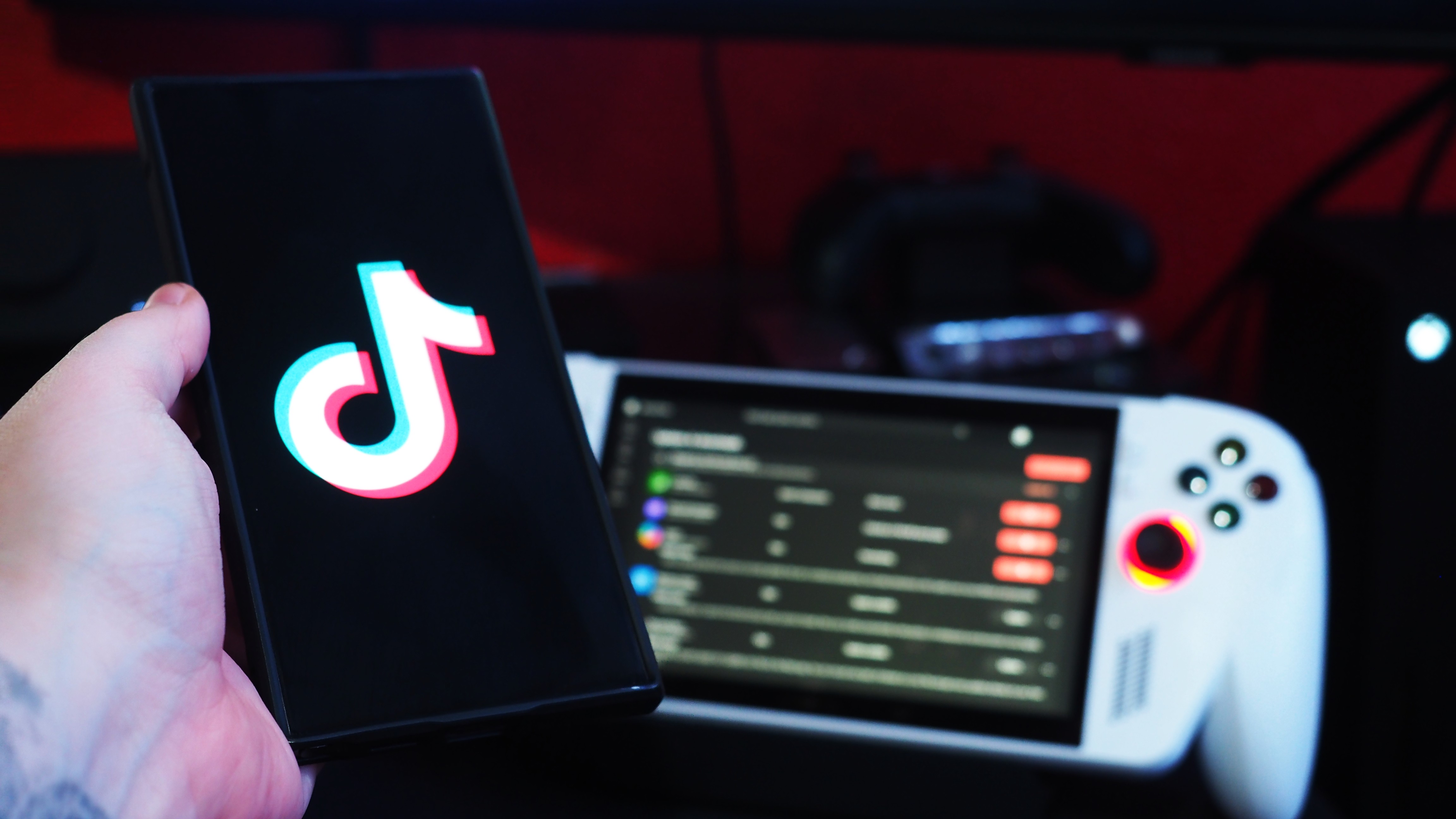Social media is shrinking our attention spans, but video games may be the surprising antidote
Researchers are finding a growing divide in how different digital habits shape young minds, with social media linked to attention decline and gaming tied to surprising cognitive gains

All the latest news, reviews, and guides for Windows and Xbox diehards.
You are now subscribed
Your newsletter sign-up was successful
Digital dementia is a newer term being used by clinicians, and while it is not an official medical diagnosis, it is becoming more widely discussed. The idea originated in South Korea, where clinicians noticed more young people showing signs of memory and attention decline linked to heavy phone and social media use.
It refers to a pattern where constant screen exposure disrupts cognitive functions that normally develop through real-world interaction. These early reports describe problems such as forgetfulness, difficulty focusing, and an overall reduction in attention span.
Younger people appear most at risk because their brains are still developing. Short-form content, rapid scrolling, and constant notifications encourage shallow focus. Over time, this can train the brain to favour quick bursts of attention instead of sustained thinking, which may explain why some clinicians are raising concerns about the impact of prolonged digital habits.
What recent research reveals about digital dementia
Research links heavy digital use to reduced attention and memory, which shows up across youth datasets that track mental and cognitive health. These studies consistently report weaker sustained attention and poorer working memory in people who spend long periods scrolling.
The Chaarani et al. study supports these concerns. It found that children who used digital content for several hours per day scored higher on attention problems and ADHD related symptoms, even though those scores were not in the clinical range.
A newer review paper adds broader context by analysing 35 studies on screen habits, short-form content, doomscrolling, and emotional exhaustion. It found that these behaviours were repeatedly associated with cognitive overload in younger groups.
Essentially, the brain is being taught to seek novelty rather than focus. Constant exposure to fast-cut content can weaken deeper concentration and train the brain to operate at high stimulation levels, which makes everyday tasks feel dull by comparison.
All the latest news, reviews, and guides for Windows and Xbox diehards.
Younger people, especially those under 18, show stronger links between heavy digital use and attention issues. Their developing brains are more vulnerable to constant interruption and cognitive overload.
Digital dementia is not an official diagnosis, but it is becoming a point of debate as memory and focus problems appear more frequently in youth datasets.
How video games may improve cognitive function
While phones, short-form content, and doomscrolling are a concern, studies show that not all screen time behaves the same. Unlike scrolling, gaming is active and intentional, and it often requires focus, decision-making, and fast thinking.
A study conducted by Martinez et al. found that weekly gaming predicted better working memory, planning, and mental flexibility. These effects remained even after adjusting for age and educational background, which suggests the improvements were not explained by those factors alone.
Another study conducted by Li et al. used brain imaging to observe how the brain responds to gameplay. It showed that one hour of action-based gaming improved reaction time and accuracy, demonstrating a clear cognitive boost from interactive play.
Going back to the study by Chaarani et al., it found that children who played games for at least three hours per day showed improvements in impulse control and working memory tasks. Their brain scans also showed stronger activation in attention and memory networks, suggesting that gaming may stimulate these systems even during lengthy play sessions.
Can social media harm and video game benefits be compared
Social media and gaming rely on different cognitive processes. Social media encourages short attention bursts and passive consumption, while gaming depends on sustained engagement, decision-making, and problem-solving.
Social media reward cycles are also shallow. Scrolling produces small, unpredictable spikes in dopamine, a chemical that plays a key role in the brain’s reward system. This pattern encourages quick checking habits and fragmented attention.
Gaming works differently. Rewards usually come from effort, progression, and practising your skills, and this tends to reinforce persistence and deeper engagement.
Research often shows opposite effects because passive digital habits drain attention, while active habits can strengthen it. Passive behaviours, like long scrolling sessions, are linked to attention decline and emotional exhaustion, which fits with what many studies report. In contrast, active habits such as gaming are associated with improvements in attention, memory, and cognitive control. These findings appear consistently across the Martinez, Li, and Chaarani studies, each highlighting how gameplay can stimulate the brain.
There is still overlap and nuance to consider. Excessive gaming can cause problems when it affects sleep or day-to-day responsibilities, and that is well-documented. Light social media use can also offer genuine social benefits, especially for staying connected with friends or communities. In the end, the impact depends on the purpose of the activity, the level of engagement, and how long someone spends doing it.
How to make sense of the competing evidence
In the case of all this, it is worth remembering that the screen itself might not be the problem. It is how a person chooses to interact with it that usually determines the outcome. Passive scrolling is essentially junk food for the brain, while gaming, in many cases, is closer to eating a balanced meal.
We also live in a world where brain rot was Oxford’s word of the year in 2024, which shows these issues are not happening under the radar. People are already aware of them, even if the science behind the term is still evolving.
That said, the narrative is more nuanced than simply good or bad. Digital dementia highlights real risks linked to passive overload, and the research around gaming is still mixed in places. Unlike passive scrolling, though, gaming has multiple studies showing that it can support healthy cognition, which adds another layer to an already complex discussion.
FAQ
What is digital dementia?
Digital dementia is a phrase used to describe modern attention and memory difficulties that seem to show up with heavy digital habits. It is more of a descriptive concept than a diagnosed condition, but clinicians use the term to highlight worrying patterns they are seeing in younger people.
Does social media actually harm the brain?
Some research suggests that long periods of passive scrolling can make it harder to concentrate for extended periods and may contribute to mental fatigue. These effects appear to be strongest in younger groups whose attention systems are still maturing.
Can video games actually help the brain?
Certain studies point in that direction. Evidence shows that specific types of gameplay can support skills like memory, quick decision making, and impulse control. The benefits vary by game type, intensity, and how engaged the player is.

Follow Windows Central on Google News to keep our latest news, insights, and features at the top of your feeds!

Adam is a Psychology Master’s graduate passionate about gaming, community building, and digital engagement. A lifelong Xbox fan since 2001, he started with Halo: Combat Evolved and remains an avid achievement hunter. Over the years, he has engaged with several Discord communities, helping them get established and grow. Gaming has always been more than a hobby for Adam—it’s where he’s met many friends, taken on new challenges, and connected with communities that share his passion.
You must confirm your public display name before commenting
Please logout and then login again, you will then be prompted to enter your display name.


